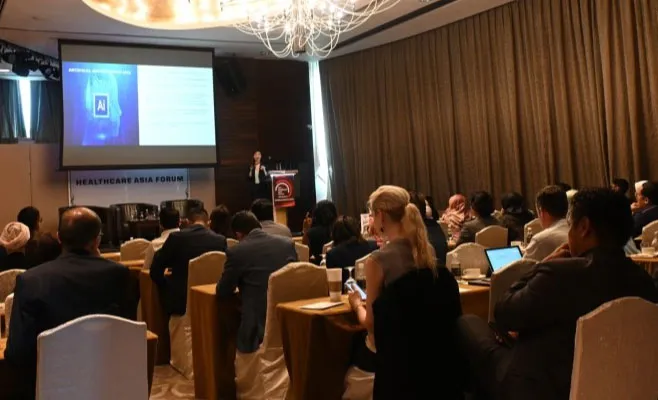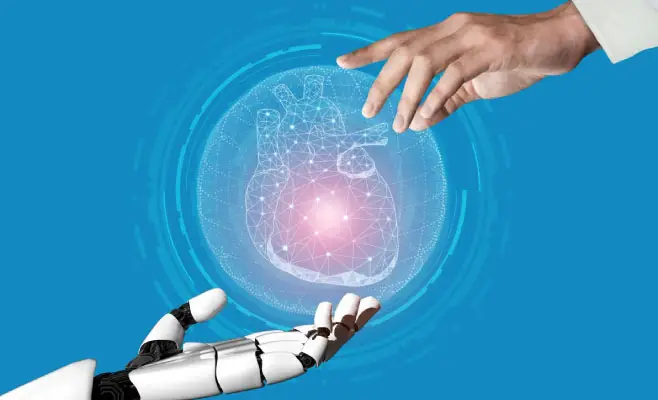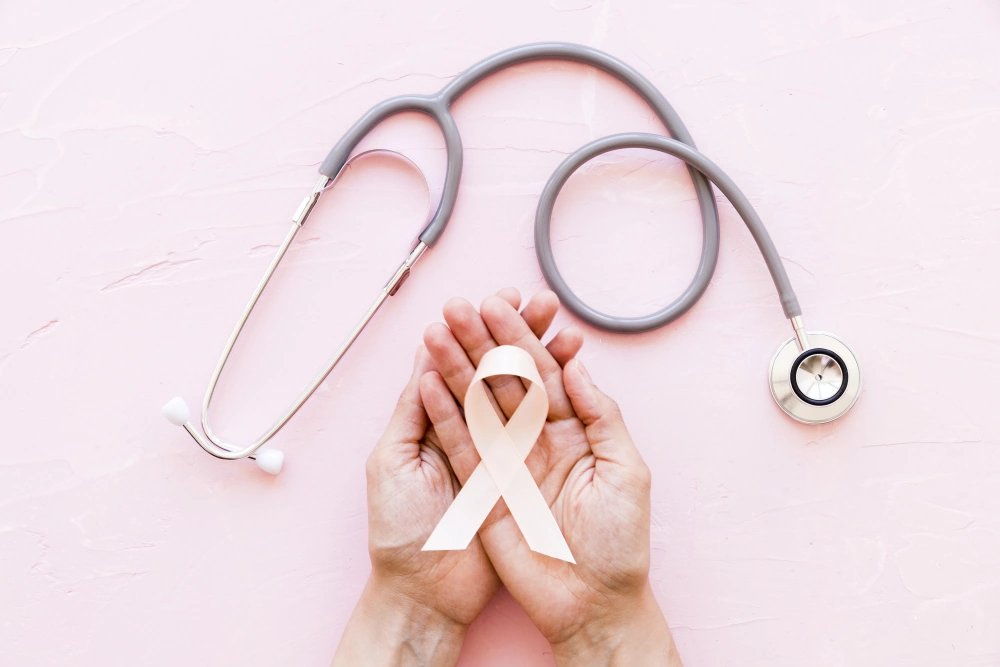
Lifestyle Choices and Cancer
Cancer incidence in Malaysia is expected to double by 2040. Understanding cancer awareness is imperative to tailor preventative efforts and reduce the cancer burden. Lifestyle and your personal choices potentially influence your chance of developing cancer. This means that you have some control over your exposure to these factors. Therefore, you have the power to minimise the effects of these elements and maximize your chance of keeping good health and living a long and happy life.
Dr Yeap Chee Loong, upper gastrointestinal & obesity surgeon, shares his insights on lifestyle choices that can affect cancer risk.
As there are many factors of cancers, they can be broadly divided into modifiable and non-modifiable risk factors.
Non-modifiable risk factors include:
Modifiable risk factors include:
Lifestyle Factors
Lifestyle factors have been proven to cause cancers. For example, smoking was identified as early as 1964 as the primary cause of lung cancer. A part from that, since 1910 chronic alcohol consumption has been identified as a risk factor for oesophageal, oral cavity, liver, pancreas, and breast cancer.
The lifestyle factors include cigarette smoking, diet (red meat and fried food), alcohol consumption, sun exposure, environmental pollutants, infection, stress, obesity, and physical inactivity.
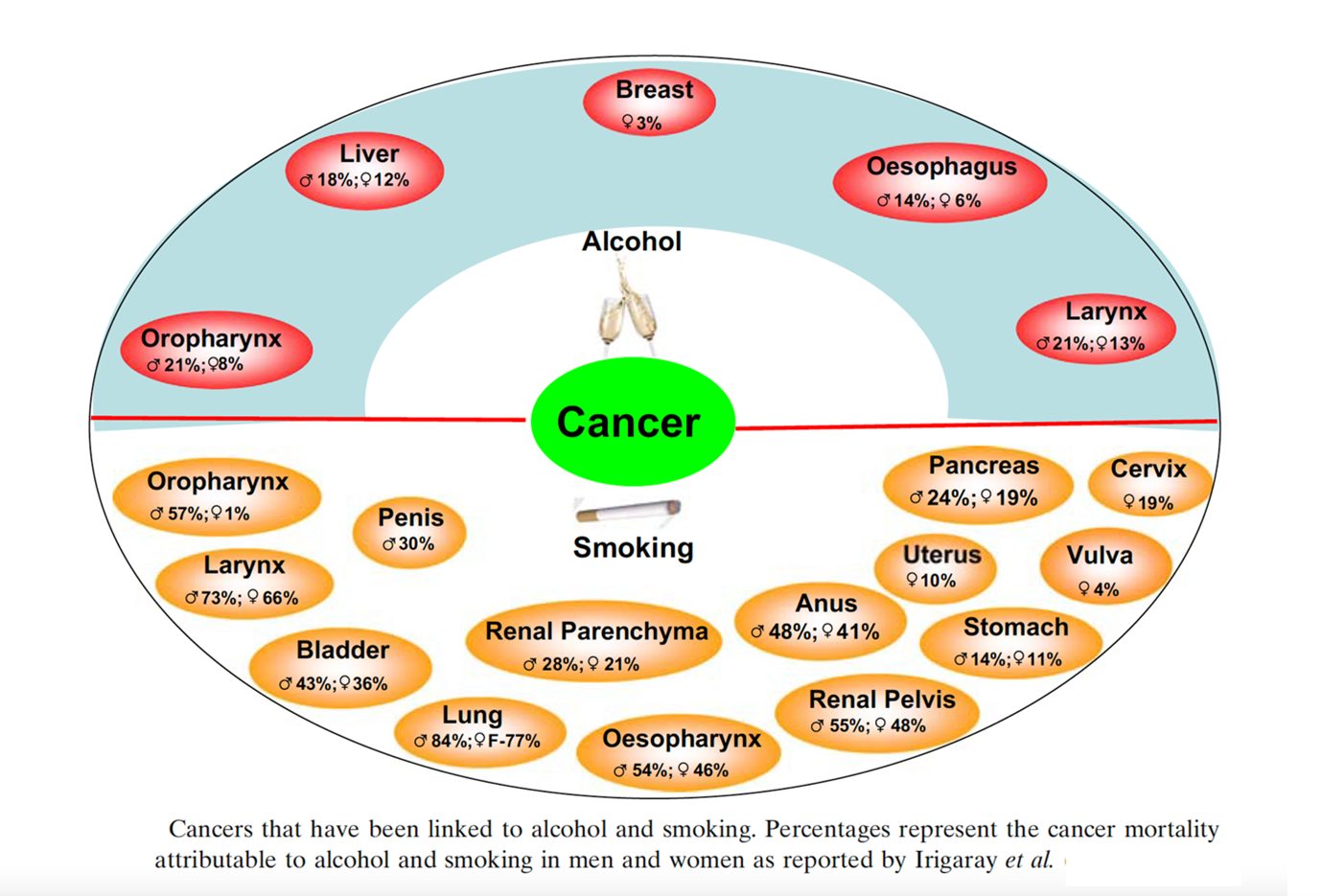
Below are some frequently asked questions about lifestyle cancer causers:
What percentage of cancer is due to our lifestyle?
As high as 90-95% of cancer cases have their roots in the environment & lifestyle! This means only 5–10% of all cancer cases can be attributed to genetic defects.
What foods have cancer-causing chemicals?
In 1981, an estimated 30–35% of cancer deaths were linked to diet. How diet contributes to cancer is not fully understood. However, chemicals that cause cancer are called carcinogens. Most carcinogens ingested, such as nitrates, nitrosamines, pesticides, and dioxins, come from food or food additives or from cooking.
Heavy consumption of red meat is a risk factor for several cancers, particularly colorectal, prostate, bladder, breast, stomach, pancreatic, and oral cancers. Charcoal cooking and/or smoke curing of meat also produces harmful carbon compounds that have a strong cancerous effect.
Long-term exposure to food additives such as nitrite preservatives and azo dyes has been associated with the induction of carcinogenesis. Furthermore, bisphenol from plastic food containers can migrate into food and may increase the risk of breast and prostate cancers. Ingestion of arsenic may increase the risk of bladder, kidney, liver, and lung cancers. Saturated fatty acids, trans fatty acids, refined sugars and flour present in most foods have also been associated with various cancers. Several food carcinogens have been shown to activate inflammatory pathways.
Can stress cause cancer to spread faster?
There is no clear answer to this question. However, there are some proven theories that chronic stress will weaken the immune systems which are very important to control and eliminate cancer cells. Continuous activation of the stress response and exposure to the associated hormones could promote the growth and spread of tumours. So based on these theories, we can at least believe that stress is NOT good for health.
Does a weak immune system cause cancer?
Definitely! The immune system has the task of controlling and eliminating cancer cells. Once cancer cells are stronger than the immune system, they will overwhelm the immune system and continue to grow out of control.
Can obesity cause cancer?
The link between obesity and cancer risk is clear. Research indicates that excess body fat increases our risk for several cancers. Example cancers include colon, breast (in postmenopausal women), endometrium, kidneys (renal cell), oesophagus (adenocarcinoma), gastric cardia, pancreas, prostate, gallbladder, and liver. It also has been known that obesity has been associated with increased mortality from these cancers.
Studies also show that obesity will cause a higher number of cancers than smoking very soon.
Increased modernisation and a Westernised diet and lifestyle have been associated with an increased prevalence of overweight people in many developing countries, including Malaysia. In fact, an estimated 44% of Malaysians are overweight and obese!
Cancer & Obesity
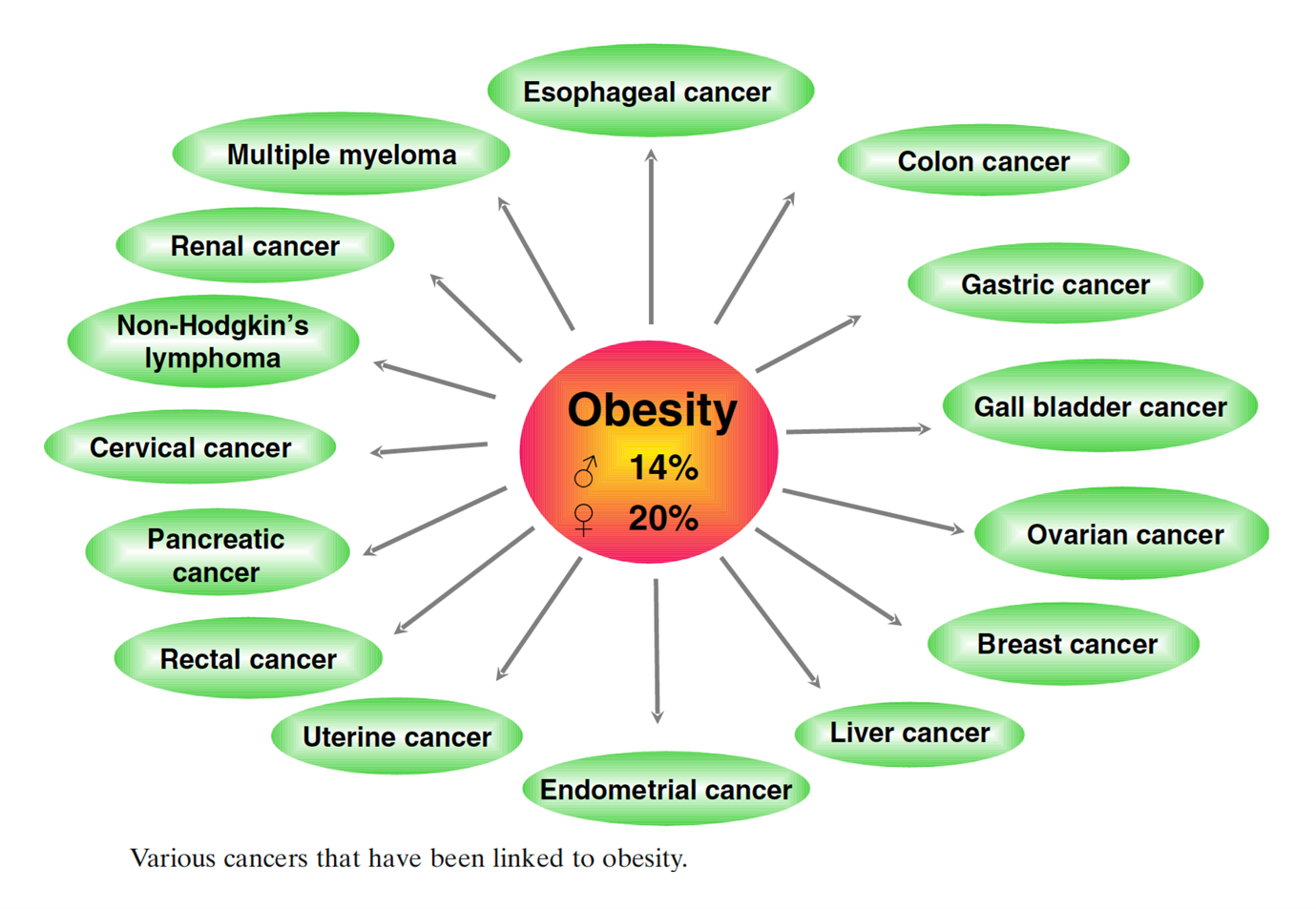
Are cancers contagious?
No, cancers are NOT contagious.
What are the top 10 cancers?
The table below shows the top 10 cancers around the world in 2017 as per Our world in Data as well as the top 10 most common cancers in Malaysia
| # Rank | Type of Cancer (Deaths) | # Rank | Type of Cancer (Deaths) |
| 1 | Tracheal, bronchus, and lung (1.88 million) | 6 | Pancreatic (0.44 million) |
| 2 | Colon and rectum (0.90 million) | 7 | Oesophageal (0.44 million) |
| 3 | Stomach (0.86 million) | 8 | Prostate (0.42 million) |
| 4 | Liver (0.82 million) | 9 | Leukemia (0.35 million) |
| 5 | Breast (0.61 million) | 10 | Cervical (0.26 million) |
Top 10 Cancers around the world in 2017 leading to deaths
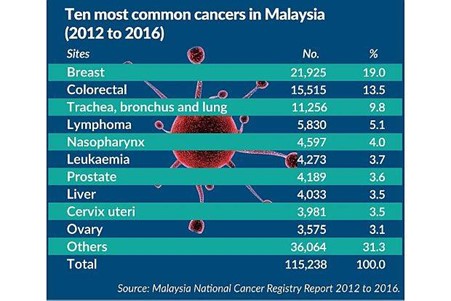
Top 10 most common cancers in Malaysia between 2012 to 2016
How are cancers diagnosed?
There are many steps or ways to diagnose cancers. This can be done through a screening process or if a patient presents suspicious symptoms. The basic principle to diagnose cancer is to go through the patient's history, conduct a physical examination, blood and imaging investigations, and finally, a tissue biopsy. The type of investigation depends on the type of symptoms and type of suspected cancers.
For example, if a patent presented with difficulty swallowing, and oesophageal cancer is suspected, oesophagogastroscopy (OGDS) will be conducted. If there was a presence of a tumour, tissue biopsies will be taken to confirm the diagnosis of the disease.
How are cancers treated?
Treatment of cancer also depends on the type of cancer. For most solid organ cancer, surgery is the mainstay of treatment. The objective of surgery is to remove the tumour together with its lymph nodes. Then it may be followed by chemotherapy and radiotherapy.
However, when the tumour is too advanced and cannot be removed, some surgical procedures can be carried out to alleviate the patient's symptoms.
Written by
Dr Yeap Chee Loong
Consultant General, Upper Gastrointestinal and Obesity Surgeon
Gleneagles Hospital Kuala Lumpur
Book an appointment with Dr Yeap Chee Loong here for more information on the prevention and treatment of cancer.

